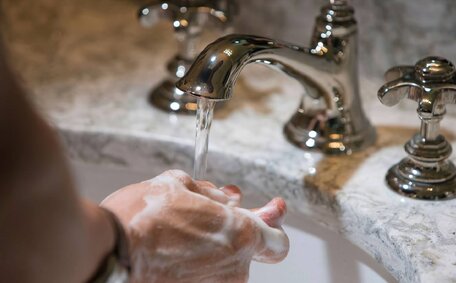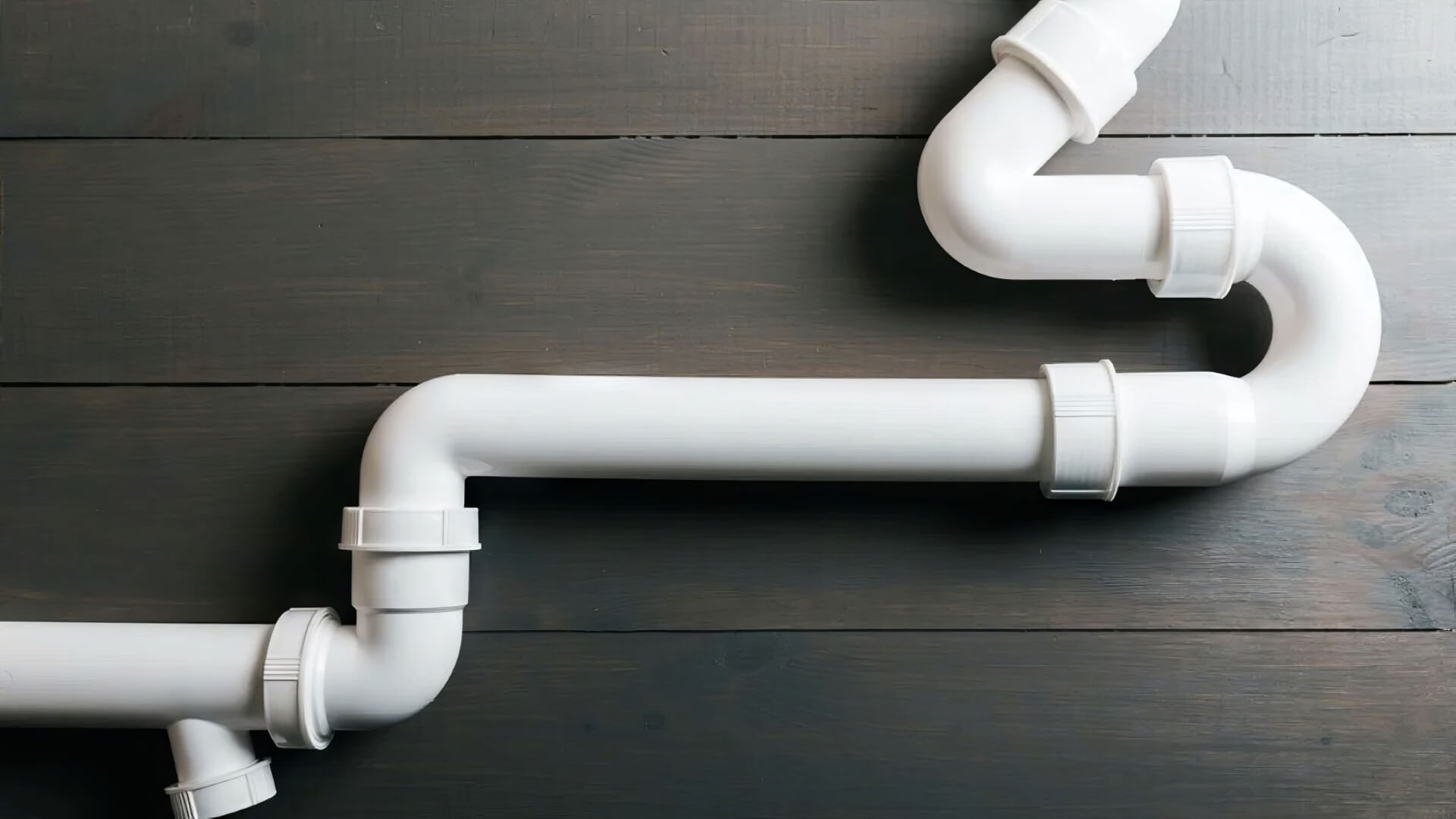Introduction to Hot Water Systems
Every Australian household needs reliable hot water.
Choosing an efficient hot water system minimises energy use and greenhouse gas emissions, which is crucial as water heating makes up around 21% of household energy consumption.
Several main types of hot water systems are available, including heat pump systems that use electricity and heat exchange technology to heat water.
Instantaneous systems like gas continuous flow and the electric water heater generate heat as water streams through the unit.
This article explores various hot water systems, detailing their pros and cons, operations, installation costs, and energy efficiency. Understanding the options enables you to choose a hot water system tailored to provide reliable and energy-efficient service.
Tips on selecting the ideal system for your home and lifestyle are also provided.
Types of Hot Water Systems
The main types of water heaters commonly used in Australian homes include:
Electric Storage Systems
Electric storage hot water systems use heating elements in insulated tanks, ensuring a constant supply of hot water. Standard electric hot water systems are common but less energy efficient than other options.
Gas Storage Systems
Gas storage hot water systems, which use natural gas or LPG to heat water, are crucial for home hot water infrastructure. These systems supply hot water on demand and are more energy-efficient than electric storage, but require a gas connection.
Solar water heater systems harness solar energy through roof-mounted panels, providing a sustainable resource for daily use. Most solar systems feature electric or gas boosters as a secondary source to ensure a stable supply. Adopting a solar hot water system promotes a steady supply and helps decrease energy costs and emissions.
Heat Pump Systems
Heat pump hot water systems use electricity to extract heat from the air, transferring it into the water in a storage tank or providing it on demand. They are energy efficient but are more expensive upfront.
Instantaneous Systems
Electric and gas hot water heaters (also called tankless) heat water as it’s needed, ensuring a plentiful on-demand supply without the need for storing hot water.
This overview establishes a foundational understanding of the main hot water systems and their operational principles, allowing for a more detailed comparison.
Storage Hot Water Systems
Storage water tanks are a common hot water solution in Australian homes. They work by heating water in an insulated water tank and keeping it hot until needed. Among the options are electric, gas, and solar varieties of the storage hot water system.
How Storage Systems Work
Within an electric storage system, the heating elements warm the water in the water cylinder. The water is kept hot at a set thermostat temperature. Gas systems, depending on the fuel type selected, use burners or heat exchangers for storage water functionality, heating the water as an alternative to electric elements.
Solar storage systems utilise solar collectors on the roof to capture solar heat during the day, which is then stored in an insulated water storage tank. Most solar systems provide consistent performance thanks to a backup electric or gas booster, which activates during overcast weather or periods of increased demand.
Advantages of Storage Hot Water
Storage hot water systems provide a ready supply of hot water at all times. Storage tanks come in a range of sizes to suit households’ needs. The stored hot water means you won’t run out even with multiple uses in a row.
Selecting the appropriate hot water tank size for your household’s needs is crucial to conserve energy without constant reheating.
Storage systems are proven and reliable, with many plumbers skilled in their installation and maintenance. Regular maintenance is key and often includes replacing heating elements or anodes periodically.
Considerations for Lalor Park
The warm climate akin to the Gold Coast means solar systems can work very effectively in Lalor Park year-round. The sun provides free energy for water heating during the day, reducing energy bills.
Larger households may benefit from a gas solar hot water solution for adequate and efficient supply. Given Sydney’s rising electricity tariffs, choosing solar hot water with a gas-electric backup could lead to significant savings over electric storage systems.
Storage hot water remains a good option for reliable hot water, with solar systems ideal for reducing energy use. Considering your household’s needs will help determine the right storage system and tank size for your home.
Instant/Continuous Flow Hot Water Systems
Instant or continuous flow hot water systems heat water on demand as it passes through the unit, rather than storing it as conventional systems do.
These systems deliver a continuous and unlimited supply of hot water on demand, eliminating the need for a storage tank.
Benefits of instantaneous hot water systems include:
- Compact, space-saving design without a bulky storage tank
- Fast delivery of hot water with no wait time for water to heat up
- Potential energy savings since no water is stored hot when not in use
- Lower upfront costs than some other systems
Systems delivering instant hot water are reliant on proper pressure gravity balancing to function effectively. Whether operating on electric or gas, they suit the Lalor Park area well, as Sydney’s mains pressure is typically ample for these systems to function effectively. Their unlimited, on-demand hot water makes them a convenient, affordable option for local homes and families.
Electric Hot Water Systems
Electric heat pump systems are 2-3 times more efficient than standard models, using technology to extract heat from the air. Electric heat pumps, though, have higher initial costs.
Electric hot water systems, particularly regular storage units, offer convenient, low-maintenance solutions for many homes in Lalor Park.
Electric hot water systems are one of the most common types found in Australian homes.
Thermostats control the temperature.
Gas Hot Water Systems
Gas hot water systems use natural gas or LPG to heat water, either in a storage tank or instantaneously as needed. For instantaneous gas systems, gas burners heat water as it flows through the unit, providing unlimited hot water on demand.
In a gas storage system, a gas burner or heat exchanger heats a tank of water. The insulated tank keeps water hot until required.
Gas hot water systems typically outperform electric systems in energy efficiency. Heating water is less expensive with gas than with electricity. Gas storage systems retain heat better than their electric counterparts. Yet, gas systems require a larger initial investment, including purchase and installation costs.
They also offer the advantage of functioning during power outages, unlike electric systems.
In the Lalor Park area, gas hot water is a practical option due to the ready availability of natural gas. With Sydney’s rising electricity prices, gas can help homeowners save on energy bills in the long run.
Gas storage systems combined with solar collectors provide increased efficiency. Instant gas systems suit low-pressure areas and deliver hot water without delays. For reliable, cost-effective hot water, gas systems are worth considering in Lalor Park homes.
Gas hot water systems heat water with natural gas or LPG, available as storage or instantaneous models, with instant systems providing an endless supply of hot water on demand.
Solar Hot Water Systems
There are two main types of solar hot water systems:
- Split systems have solar collectors separate from the storage tank, with water piped between the two.
- Integrated collector storage systems combine the solar collectors and storage tank in one unit.
Most solar hot water systems also include an electric or gas booster to guarantee a consistent supply, even on cloudy days or during peak usage times.
Solar hot water delivers savings on energy bills and cuts greenhouse gas emissions, providing 60-90% of a household’s requirements. It’s especially suitable for families and larger households that need a substantial volume of hot water.
In Lalor Park’s sunny climate, Sydney, solar hot water is an effective solution, particularly amidst NSW’s surging electricity prices.
There are two main types of solar hot water systems:
\ - Split systems have solar collectors separate from the storage tank, with water piped between the two.
\ - Ir collectors and storage tank in one unit.
\
Heat Pump Hot Water Systems
Heat pump hot water systems, which are exceptionally energy efficient—saving up to 75% on heating bills—and environmentally friendly, are increasingly attractive in the context of escalating electricity prices.
Heat pump hot water systems are an energy-efficient alternative to conventional electric or gas systems.
They work by extracting heat from ambient air and transferring it to heat water stored in a tank or on demand.
Comparing Hot Water System Types
Several key factors should be considered when selecting a hot water system for your home:
Upfront Costs
When considering the type of hot water system to install, it’s evident that electric and gas heaters usually have lower upfront costs than heat pumps or solar alternatives. However, advanced heat pumps and solar pay off in the long run through energy savings.
Operating Costs
Solar hot water has the lowest operating costs, followed by heat pumps. Gas systems are cheaper to run than standard electric. Electric heat pumps are 2-3 times more efficient than electric storage.
Installation
Electric and gas hot water units, as variants of storage systems, are straightforward for plumbers to install and manage. Heat pumps, solar, and gas instant require more complex installations.
Space
Tankless systems are conducive to space heating, occupying minimal room as they function without a storage tank. Solar and heat pumps require roof space for collectors and condensers.
Reliability & Lifespan
Different hot water storage systems have varying life spans, with many lasting between 10-15 years. Heat pumps and solar systems can last 20 years. Gas instant is the most reliable during power outages.
The ideal hot water system for you depends on factors like household size, water usage, budget, and sustainability goals. Solar or heat pump systems are particularly suited to eco-aware families in Lalor Park focused on reducing energy expenses.
Where space is at a premium, storage tanks are practical, and for consistent reliability, gas instant options are recommended. Consult a plumber to identify the best system for your home.
Choosing the Right Hot Water System
Selecting the right hot water system for your home is an important decision that requires careful consideration of several factors:
Household Size
Consider how many people live in your home and your typical hot water usage. More people or high usage requires a larger system or tankless for continuous flow.
Efficiency & Costs
Solar and heat pump systems are more energy efficient with lower operating costs. Electric and gas storage are more affordable upfront. Compare installation and lifetime running costs.
Tankless systems take up less space. Make sure you have adequate roof space for solar panels or external heat pump units.
Climate Suitability
Lalor Park’s sunny climate makes solar an effective option. Heat pumps work better in warmer conditions.
Lifestyle Needs
Those wanting on-demand unlimited hot water may prefer gas or electric tankless systems. Families benefit from the reliability of storage.
Consult with Lalor Park Plumbing experts to identify the most appropriate and cost-effective hot water system for your precise needs. Our guidance on energy efficiency, costs, maintenance, and installation ensures you make an informed decision.
Maintaining Your Hot Water System
Proper maintenance is crucial for getting the longest life and best performance from your hot water system. Here are some tips for maintenance depending on your system type:
Storage Tank Systems
- Drain and flush the tank annually to remove sediment buildup.
- Inspect your water temperature and thermostat settings - the water should ideally be at 60C.
- Replace anodes regularly to prevent tank corrosion.
- Clean heating elements and inspect wiring for damage.
- Check pipe connections for leaks.
Tankless/Instantaneous Systems
- Inspect and clean the heat exchanger annually.
- Remove scale buildup on heating elements with descaling solution.
- Check gas connections and ensure the water pressure and flow rate align with your hot water demands.
- Clean the inlet water filter.
Solar Hot Water
- Clean solar collectors regularly to maintain efficiency.
- Check glycol levels in collector loop piping annually.
- Inspect storage tank anodes and heating elements.
- Trim nearby trees shading panels.
Lalor Park Plumbing Services offers same-day maintenance for your hot water system, thanks to our skilled and efficient team. Our licenced technicians provide reliable servicing to maximise the life of your system. Contact us anytime for scheduled maintenance or emergency repairs.
Conclusion
\
Choosing the right hot water system is an important decision that requires comparing the pros and cons of each type. Storage systems like electric, gas or solar tanks provide reliable hot water but vary in energy efficiency and costs. More advanced systems like heat pumps and gas tankless can save energy and money in the long run, but have higher upfront costs. The team at Lalor Park Plumbing can provide expert advice to help you select the best hot water solution for your home and situation. With our skilled assistance, expect a very happy outcome with consistent, energy-efficient hot water suited to your family’s requirements.
Consider factors like your household needs, budget, available space and lifestyle when deciding. Proper maintenance is also essential for getting the most from your system, ensuring it performs optimally for your household. Contact us today to discuss your hot water system options.






